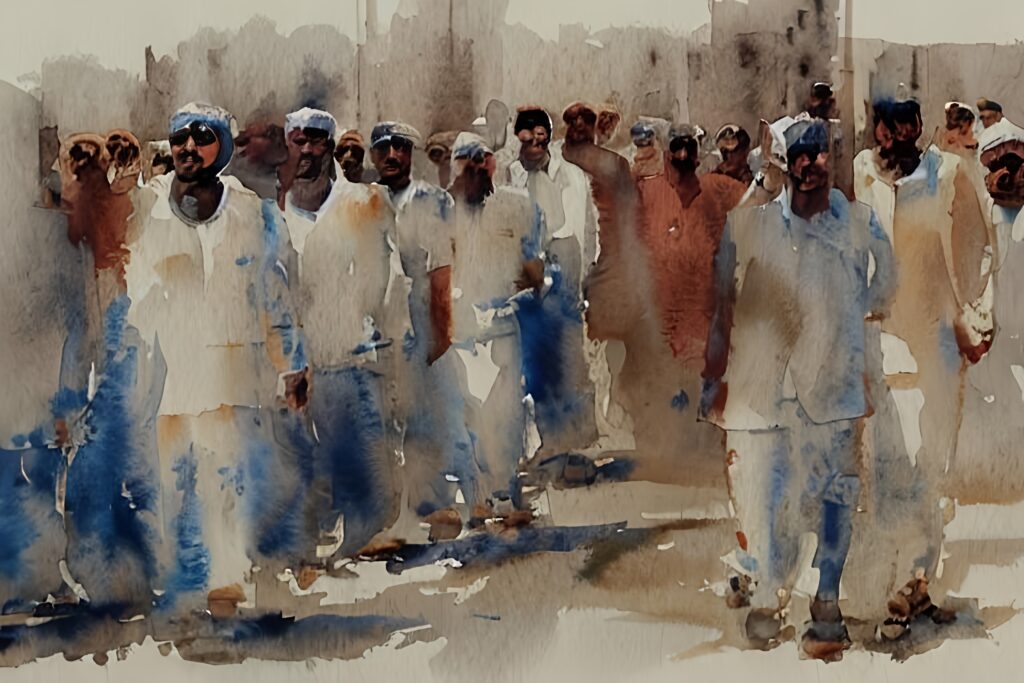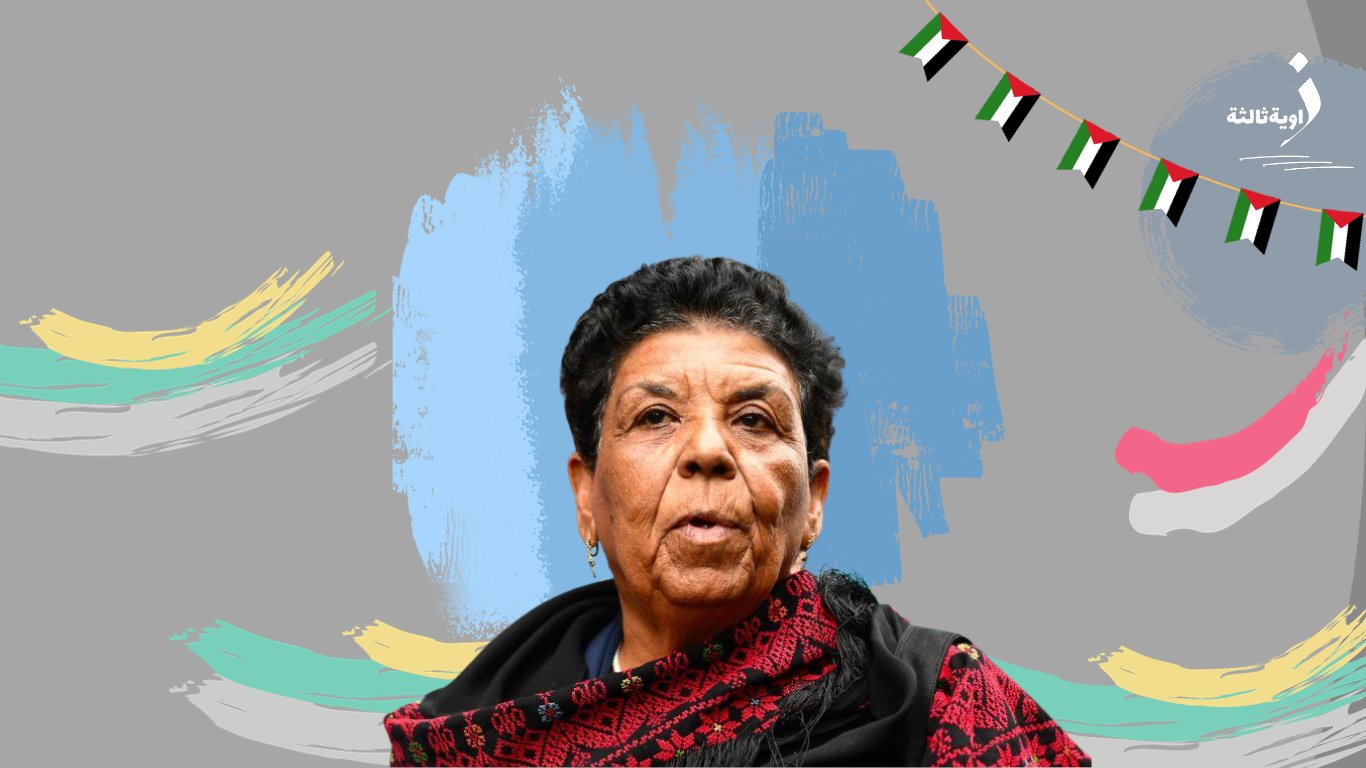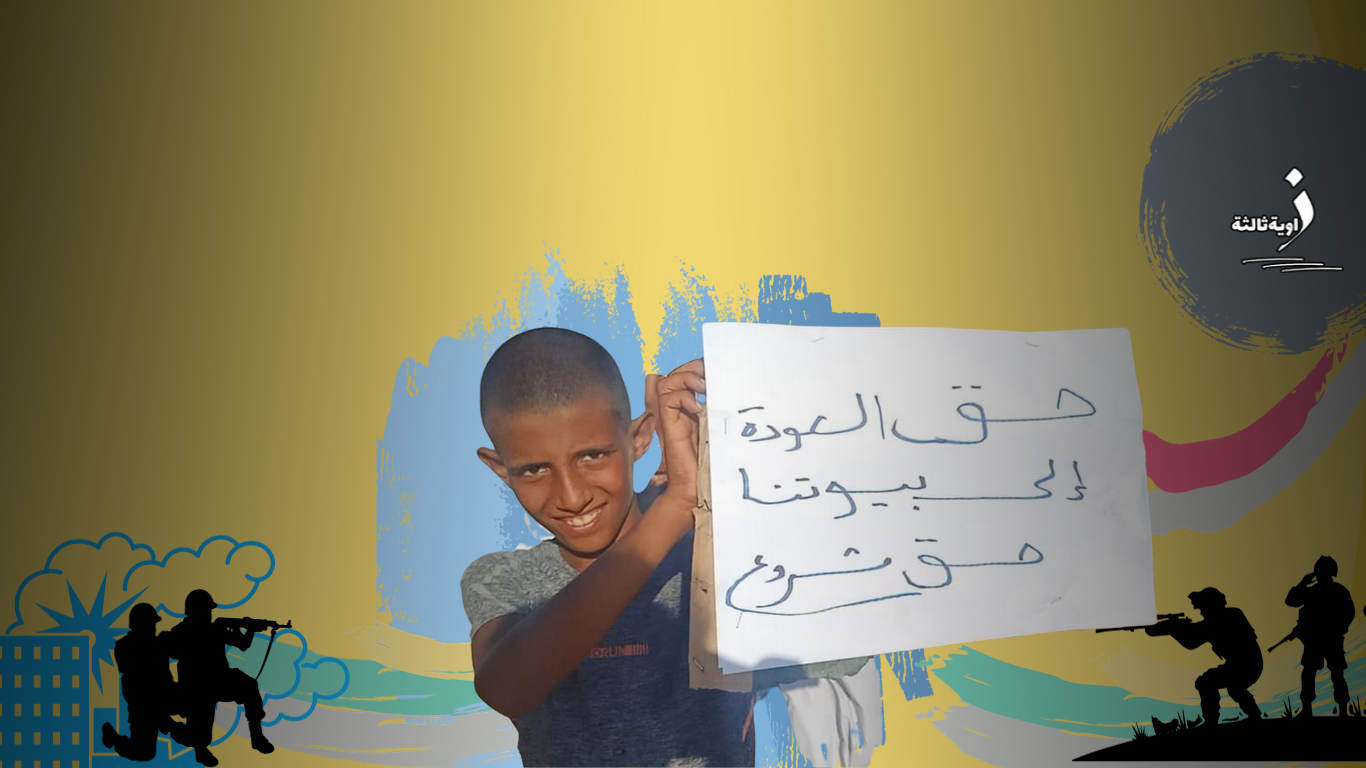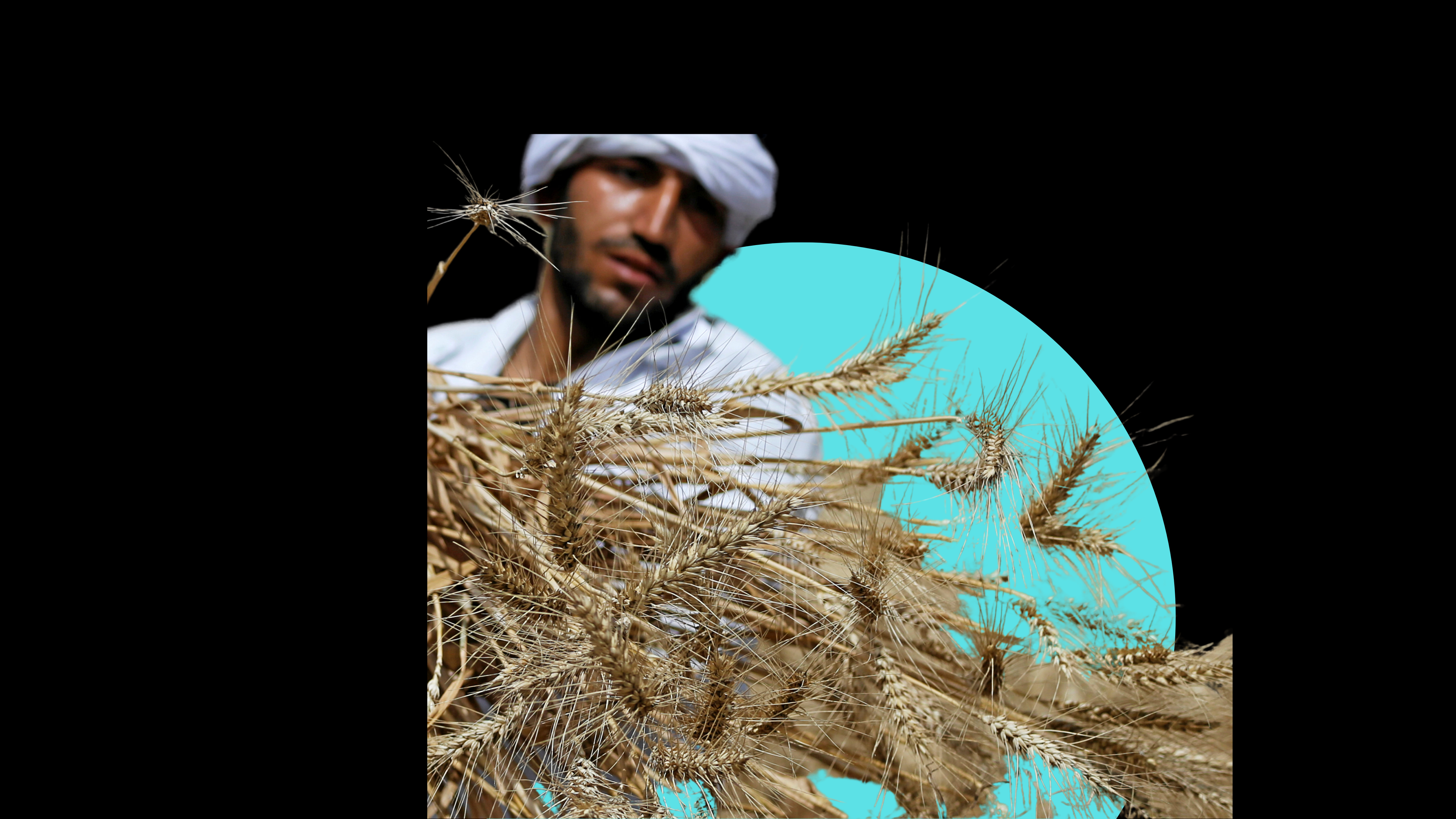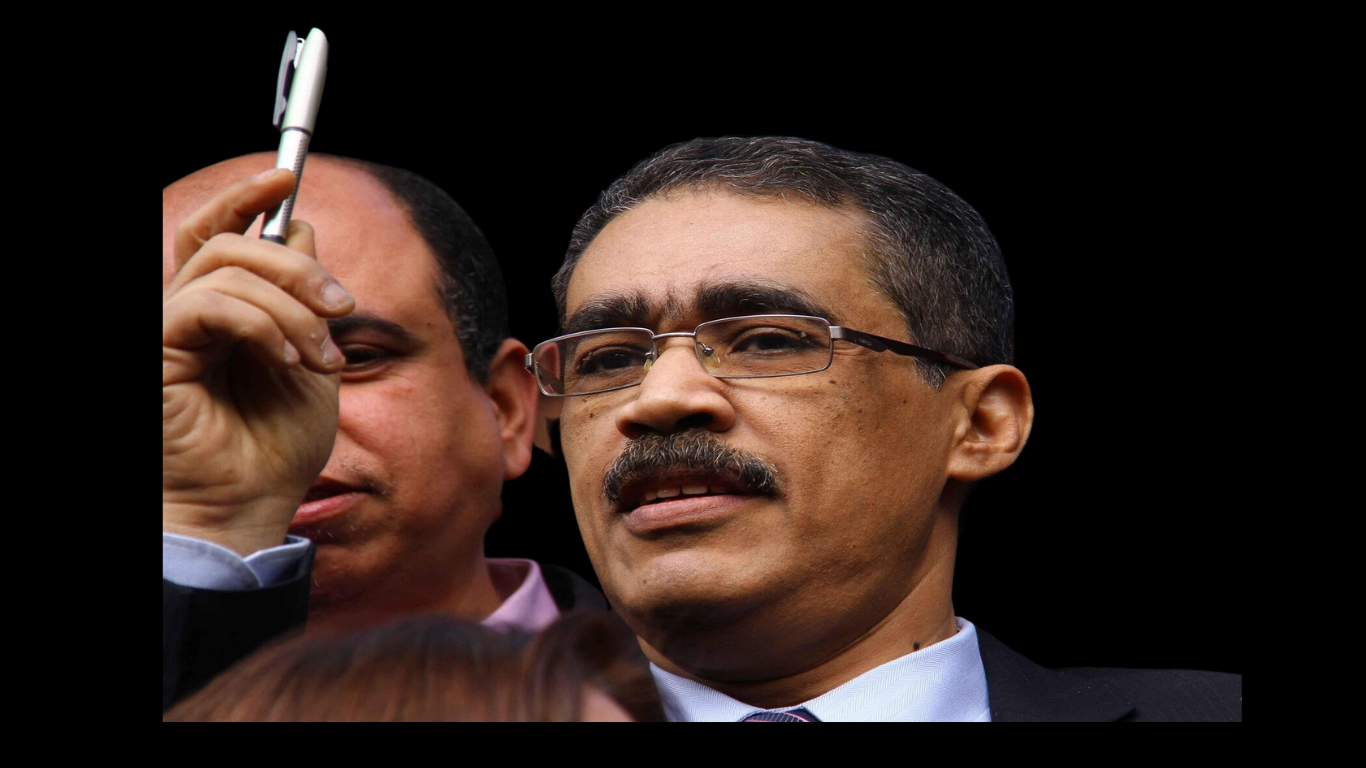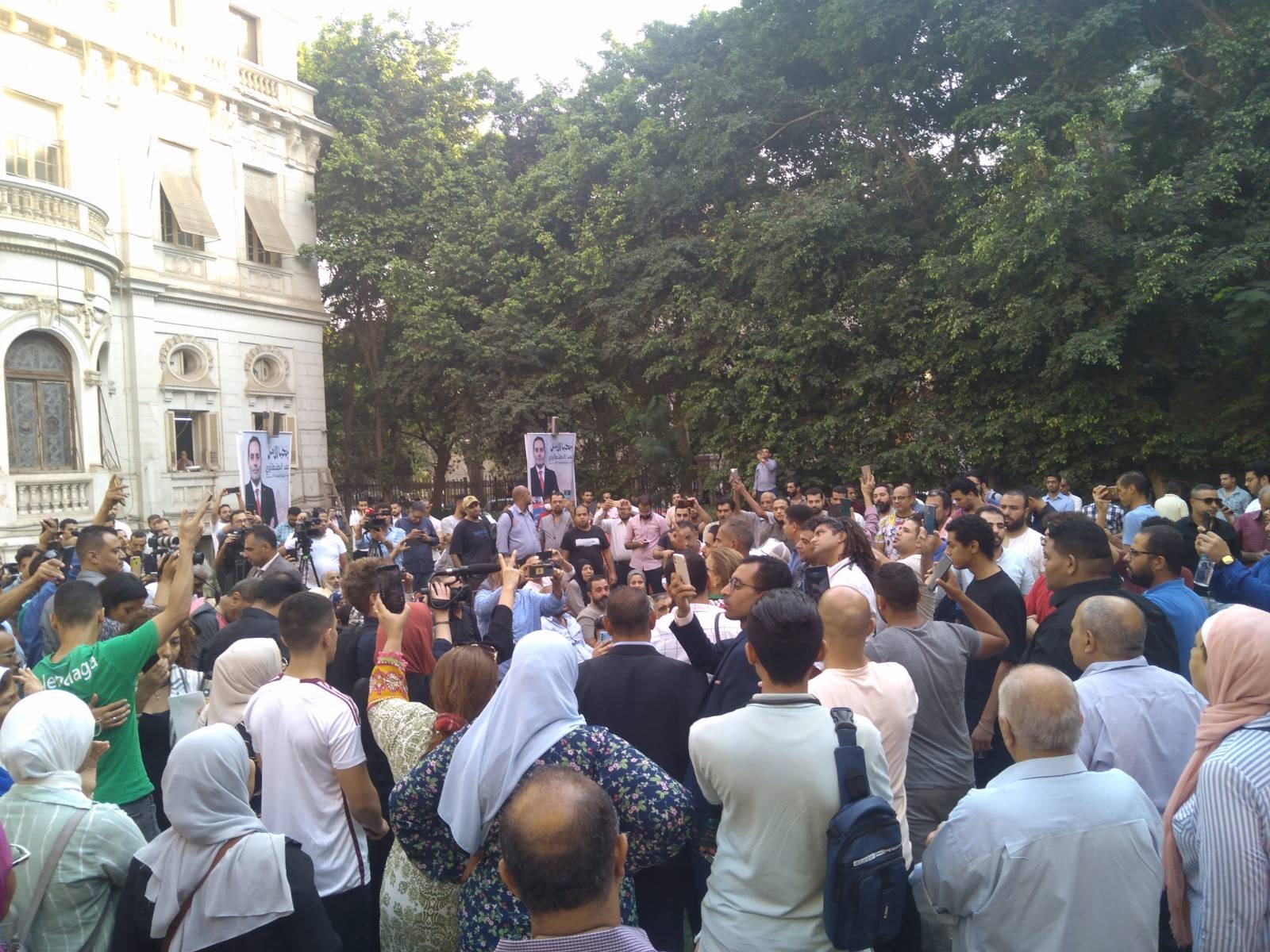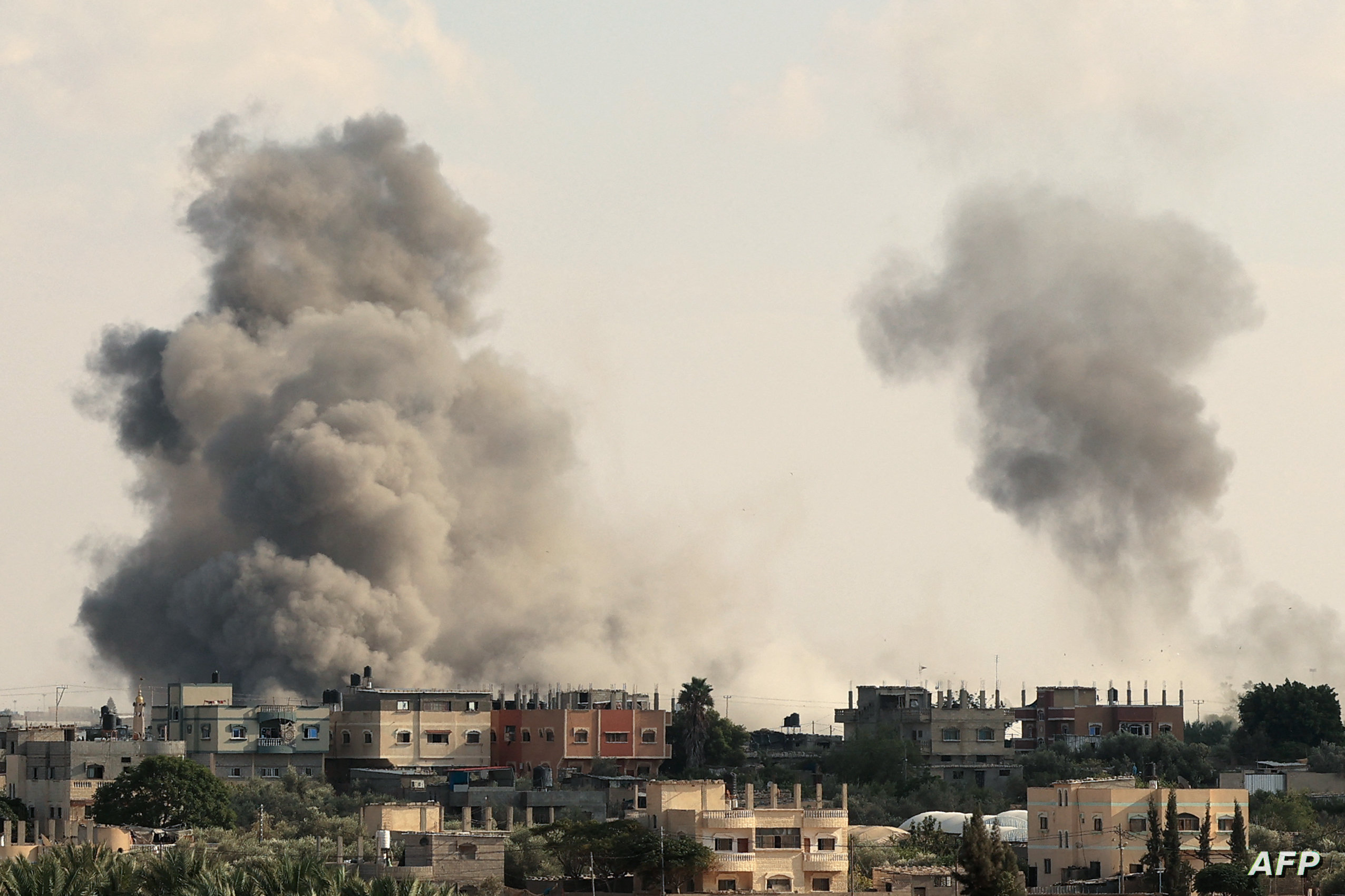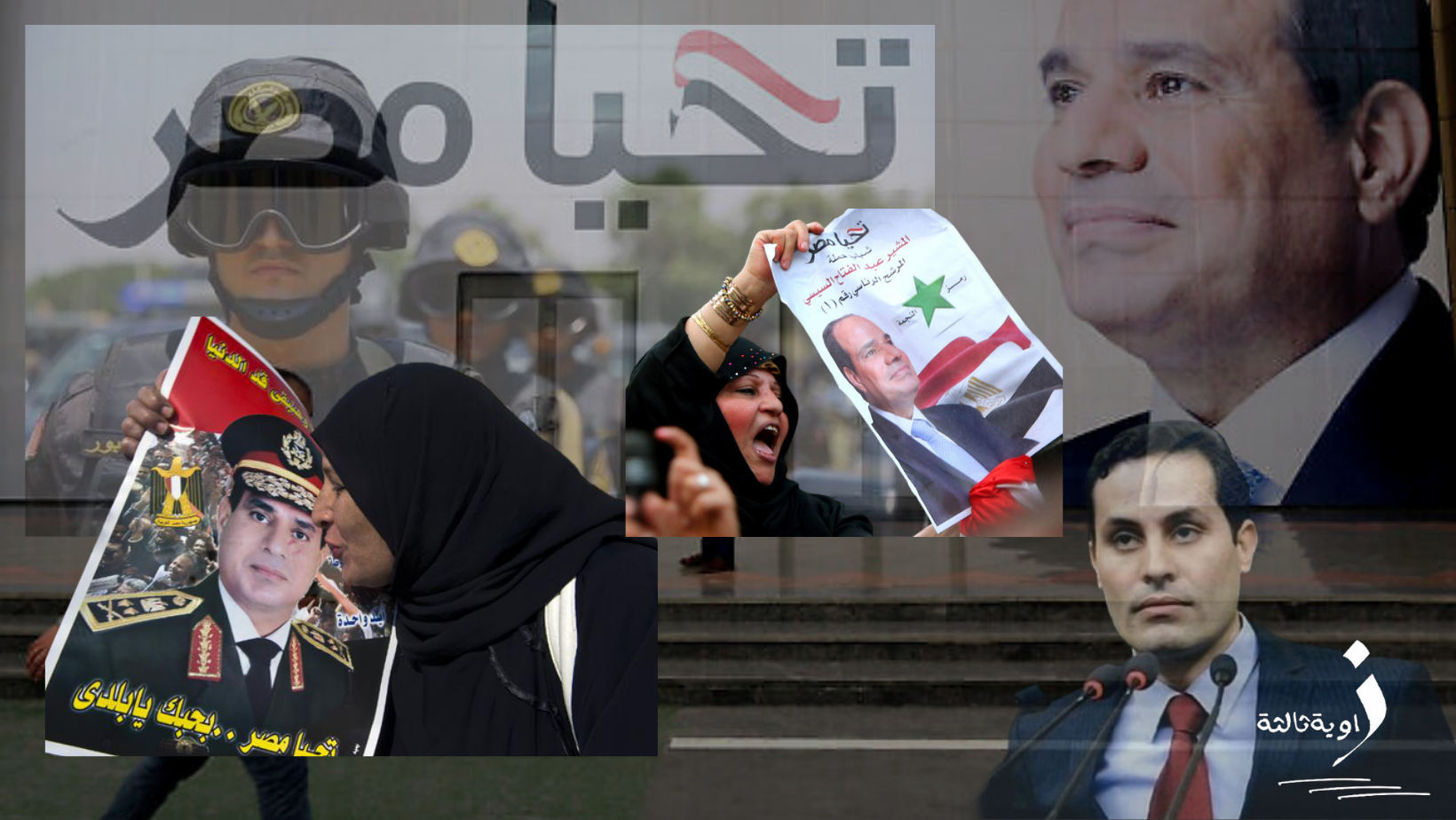In 2015, a young Egyptian woman captured attention with her loud chants against President Abdel Fattah el-Sisi during a joint press conference with German Chancellor Angela Merkel in Berlin. She was a correspondent from a local German radio station covering the conference. She is Fajr Al-Adly, who said, “If I didn’t shout, no one would hear my voice.”
Egyptian authorities and security agencies didn’t respond to the incident until about seven years later, and their response was retaliatory. Security authorities at Cairo International Airport apprehended citizen Alaa El-Din Saad Mohammed Al-Adly, 59 years old, a permanent resident of Germany and the father of political activist Fajr Al-Adly, upon his arrival on the evening of August 18th.
Al-Adly was coming from a flight from Frankfurt, Germany, on a family visit to Egypt. He was interrogated by national security before being presented to the Supreme State Security Prosecution in the Fifth Settlement, facing charges of spreading false news and joining a prohibited group. However, the Egyptian authorities refrained from touching Alaa El-Din Al-Adly’s daughter, Fajr Al-Adly, when she returned to Cairo to support her father. This seems to be out of fear of diplomatic clashes with the German government, as Fajr Al-Adly holds German nationality.
A lawyer and a member of Al-Adly’s defense team states, “The charges directed at Alaa Al-Adly are fabricated charges that the prosecution always uses against those who they can’t find any real charges for, but they…” He adds, “When you see such charges in any case, you should realize that the accused hasn’t committed a crime, but there is someone who wants to take revenge against him.”
On Tuesday, August 29th, the first trial session for Alaa Al-Adly was held before the Supreme State Security Prosecution, which ordered his continued detention for 15 days pending investigation. Fajr Al-Adly claims she doesn’t belong to the Muslim Brotherhood, and she’s a member of the Socialist Democratic Party’s Youth Organization. She believes her father’s arrest is a retaliatory act against her activism abroad.
Arresting a parent as punishment for their child’s activities might be bewildering for those not familiar with Egyptian affairs. However, the Egyptian security authorities have been doing unbelievable things, punishing opposition figures by arresting their relatives since 2013, after President Abdel Fattah el-Sisi took power.
Gamal Abdel Hamid Ziada is the father of journalist, human rights defender, and editor-in-chief of the independent platform “Zawia3,” Ahmed Gamal Ziada. The platform was recently launched with the aim of creating a space for investigative and analytical journalism in Egypt, focusing on human rights and political issues. The platform was also ready to provide in-depth coverage of the presidential elections on the ground.
On August 22, 2023, security forces detained Gamal Abdel Hamid Ziada following his son’s publication of topics related to human rights, the seriousness of national dialogue, and concerns about the upcoming presidential elections. Security forces verified Gamal Ziada’s national ID card and held him in an undisclosed location. National security officers questioned him about his son Ahmed Gamal Ziada, his affiliation with human rights organizations, and his journalistic activities. They confiscated his ID card and mobile phone. The following day, Ziada appeared before the Supreme State Security Prosecution, accused of spreading false news, misuse of social media, and belonging to a subversive group. Despite not being very active on social media, Gamal Ziada manages a Facebook account for promotional purposes related to his clothing workshop. Despite not engaging in any political activities, he was detained in case number 2064/2023, and his detention was ordered for 15 days pending investigation. He was subsequently transferred to the Tenth of Ramadan Prison in Cairo.
Ahmed Gamal Ziada, 34 years old, is an investigative journalist, researcher, human rights advocate, and editor-in-chief of the platform you are reading now. He was previously arrested in 2013 and 2019, the former related to his journalistic work and the latter due to a report he published about prisons and detainees with the Arab Network for Human Rights Information. He has worked with platforms such as “Mada Masr,” “Raseef 22,” “Daraj,” and “Middle East Eye.” He has also worked as a human rights researcher with organizations such as the Arab Network for Human Rights Information, Nadeem Center for Victims of Violence and Torture, and the Andalus Institute for Tolerance and Anti-Violence Studies. In December 2019, Ziada traveled to Belgium for three months to participate in a fellowship program with “EuroMed Rights” aimed at advocating for human rights and press freedom, interacting with civil society organizations and human rights institutions. At Cairo International Airport on his way to Belgium, he was detained and interrogated by national security officers, and his belongings were seized. He narrowly escaped facing a similar fate as he did in January 2019. Fortunately, his belongings were returned to him after about 90 minutes, and he was released. He decided to stay longer in Belgium to continue his academic studies and obtained a Master’s degree in Political Science and International Relations from the Free University of Brussels.
In another, more alarming case, security forces arrested 12 individuals from the family of former deputy Ahmed Tantawi in April of this year. A report by Human Rights Watch indicates that these arrests appear to be solely based on the individuals’ relation to Tantawi. Amr Magdy, a Senior Researcher in the Middle East and North Africa division at Human Rights Watch, stated, “The arrest of relatives and supporters of Ahmed Tantawi demonstrates that President Abdel Fattah el-Sisi’s government is determined to suppress peaceful opposition and treats all critics as threats. These violations constitute an assault on the rights of those targeted and severely diminish the prospects for democratic rights and human rights in the country for years to come.”
Lawyers for Human Rights Watch stated that authorities arrested Tantawi’s uncle and his maternal uncle from their homes in Kafr El Sheikh, north of Cairo, on May 2 and 3. The lawyers mentioned that security forces also arrested at least ten men who were considered Tantawi’s supporters or friends. The Public Prosecution ordered the detention of the 12 individuals for 15 days pending investigation on charges of “joining a terrorist group.” Some of them faced additional charges, including funding the group, possessing publications that undermine public security, possessing fireworks, explosives, or firearms. The authorities recently released them.
Ahmed Tantawi is a potential presidential candidate, an Egyptian politician, a former member of the Egyptian House of Representatives, and one of the members of the parliamentary “25/30 Alliance” that participated in the June 30, 2013 movement to overthrow the rule of the late President Mohamed Morsi, who belonged to the Muslim Brotherhood. You can learn more about him here.
In September 2020, Egyptian authorities announced the death of the prisoner Amr Abu Khaleil, a mental health consultant, born on September 19, 1962. Notably in this case, the deceased prisoner is the brother of Egyptian journalist Haitham Abu Khaleil, a strong critic of the Egyptian regime and a supporter of the late President Mohamed Morsi. Abu Khaleil was arrested about a year before his death and was completely denied visits. He contracted the coronavirus in his cell, and the authorities refused to release him.
Seven human rights organizations condemned, in a collective statement titled “Recent Arbitrary Measures Confirm the Absence of any Intention to Improve Human Rights Situation or Release All Political Prisoners,” the Egyptian authorities’ targeting of the family of journalist and human rights defender Ahmed Gamal Ziada. They highlighted the arrest of his father, Gamal Abdel Hamid Ziada, 58 years old, and the prosecutor’s decision to detain him for 15 days. The organizations urged for his swift release and demanded an end to the harassment of relatives and families of journalists and opposition human rights activists living abroad. The organizations considered this incident as a recurring approach by the Egyptian authorities to torment their opponents by arbitrarily detaining their family members, which demonstrates the absence of genuine intentions by the Egyptian authorities to improve the human rights situation in Egypt, release all political prisoners, and renders the May-launched national dialogue ineffective. The organizations also held the Egyptian authorities fully responsible for the health and safety of Ahmed Ziada, who suffers from various ailments, including high blood pressure and thyroid disorders, particularly in light of human rights reports confirming the deteriorating conditions of detention in Egyptian prisons.
The organizations added, “The Ziada incident is not the first time that the Egyptian authorities have targeted the families of opposition human rights defenders and journalists living abroad. Earlier, the Egyptian authorities targeted the family of human rights defender Mohamed Soltan, the founder of the Freedom Initiative organization, due to his human rights work. In May, the Egyptian authorities targeted relatives of the politician and expected presidential candidate Ahmed Tantawi following his announcement of intention to run for the presidency. This is in addition to others targeted by the Egyptian authorities as a means of pressure and intimidation against their family members abroad, in an attempt to force them to cease their activities advocating for democracy and the improvement of human rights in Egypt.”
Egypt launched a national political dialogue that the authorities claimed aims to formulate plans for the country’s future. The dialogue, announced by President Abdel Fattah el-Sisi in April 2022, seeks to produce political, economic, and social reform recommendations. The national dialogue places significant emphasis on human rights issues to address criticism of Egypt’s poor record in this field. It includes human rights committees, including a presidential pardon committee that reviews thousands of requests for the release of some prisoners under Sisi’s rule.
In a recorded message to the opening session of the national dialogue, el-Sisi stated, “I urge you to exert great effort to ensure the success of the national dialogue experience.”

